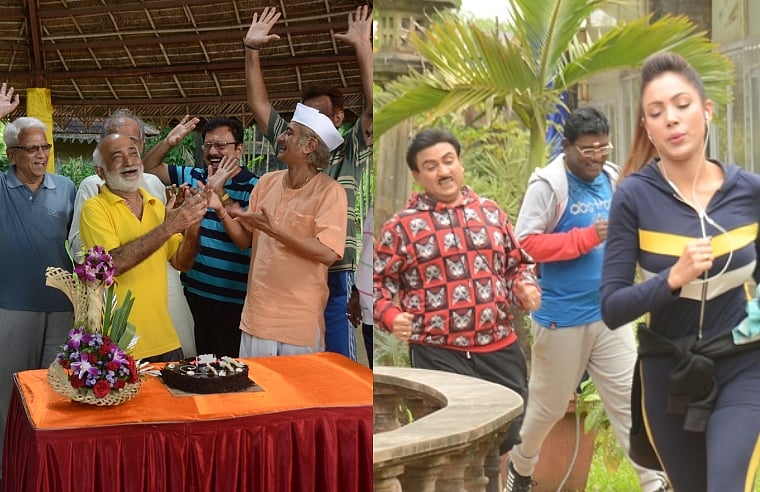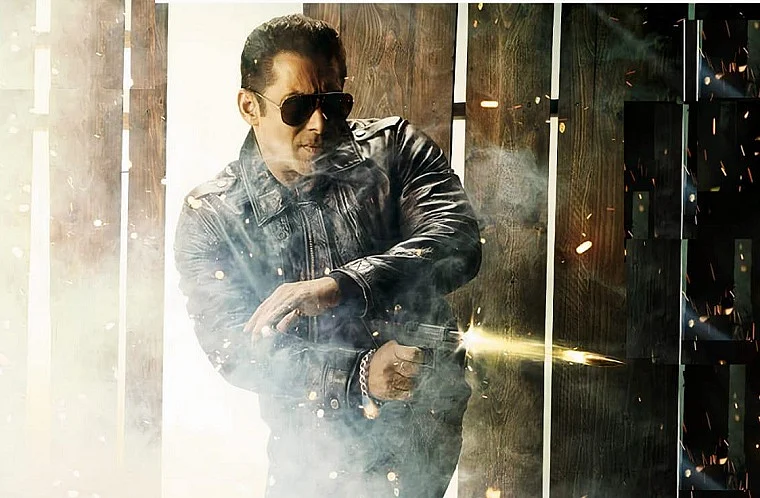Bhopal: Rakshabandhan has taken an eco-friendly turn this year with Seed Rakhi after the scares brought by the coronavirus, said the youths in the capital city who Free Press spoke to.
The youths have opted for eco-friendly Rakhis to artificial thread and plastic Rakhis, used prominently. The eco-friendly Rakhi has a seed inside it which can be planted the next day and in a few years it will grow into a tree.
Aditi Arya, a 17-year-old resident of Nehru Nagar, told Free Press, “I have ordered two seed Rakhis for two of my brothers, who live far away. They could not come home this year due to workload. But this Rakhi would not only remind them of me but also make sure that they keep a part of me with them in a flower pot.”
“My brother Rajat could not come home the entire lockdown. He was inflicted with covid-19 too. This Rakhi will provide him the essence of staying close to family and mother nature,” said Urvashi, a 25-year-old PHD student.
“Ornate Rakhis and those with cartoons have always been a hit. But, this year so many sellers and even I am promoting eco-friendly Rakhis that spring to life after their time on the wrist is over,” said Madhav Rao, a rakhi seller at New Market.
![]()
FP
“Many a young girl came to me asking for such Rakhis in the past few weeks but I did not know about it then. They preferred to order such eco-friendly Rakhis online. So I researched about it and brought a small stock to check the market in Bhopal. People really liked it when they came to know about it,” he said.
The cost of these Rakhis range from Rs 250 to Rs 700 on an average, added Madhav.
An indigenous design company, Indibni, that has been promoting seed Rakhis through one of their ventures said, “A green rakhi is made by weaving threads around seeds that can be planted after use. We use cotton for its threads, sourced from farmers practicing organic farming in Madhya Pradesh and Rajasthan and then naturally dyed.
“Over 35 craftswomen handmade these rakhis by crocheting the dyed yarn and then embedding live seeds in them. Once the festival is over, these can be sown and grown,” said Nitin Jain, the founder of Indibni.
How to use a seed rakhi
Soak in water first and then bury in shallow soil, taking care not to bury it too deep. Water carefully and regularly, the seed will germinate within a week.
![]()
FP photo
![]()
FP
Used Rakhis generate 1.18bn tn carbon footprints every year
“After the festival, the thread embedded with beautiful artifacts, stones, and glitters is of no use and is either being put in a useless box or are thrown away. Thus, this leads to non-degradable waste which thereby is destined to pollute the environment. Every year 620 million rakhis are dumped in waste that never decomposes, generating 1.18 billion tonnes of carbon footprints. But as they say, necessity is the mother of invention and that’s what paved the way to designing a sustainability alternative,” said Nitin Jain, the CEO of Indibni.
(To receive our E-paper on whatsapp daily, please click here. We permit sharing of the paper's PDF on WhatsApp and other social media platforms.)














